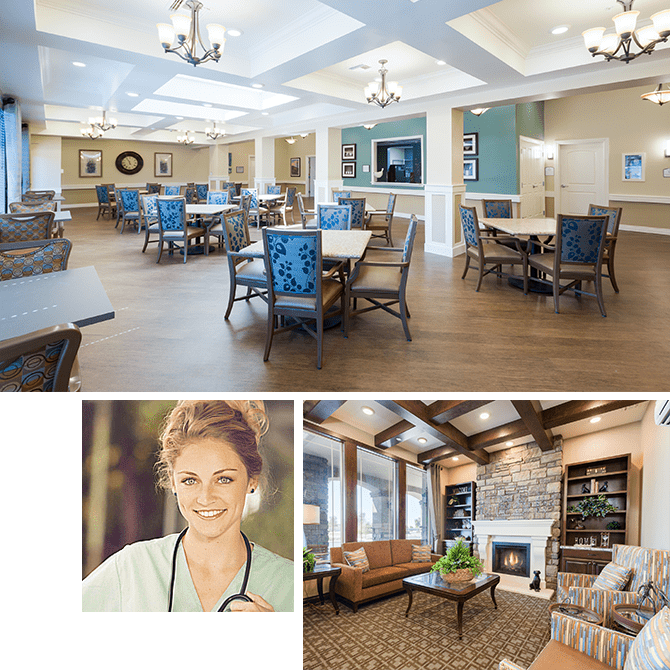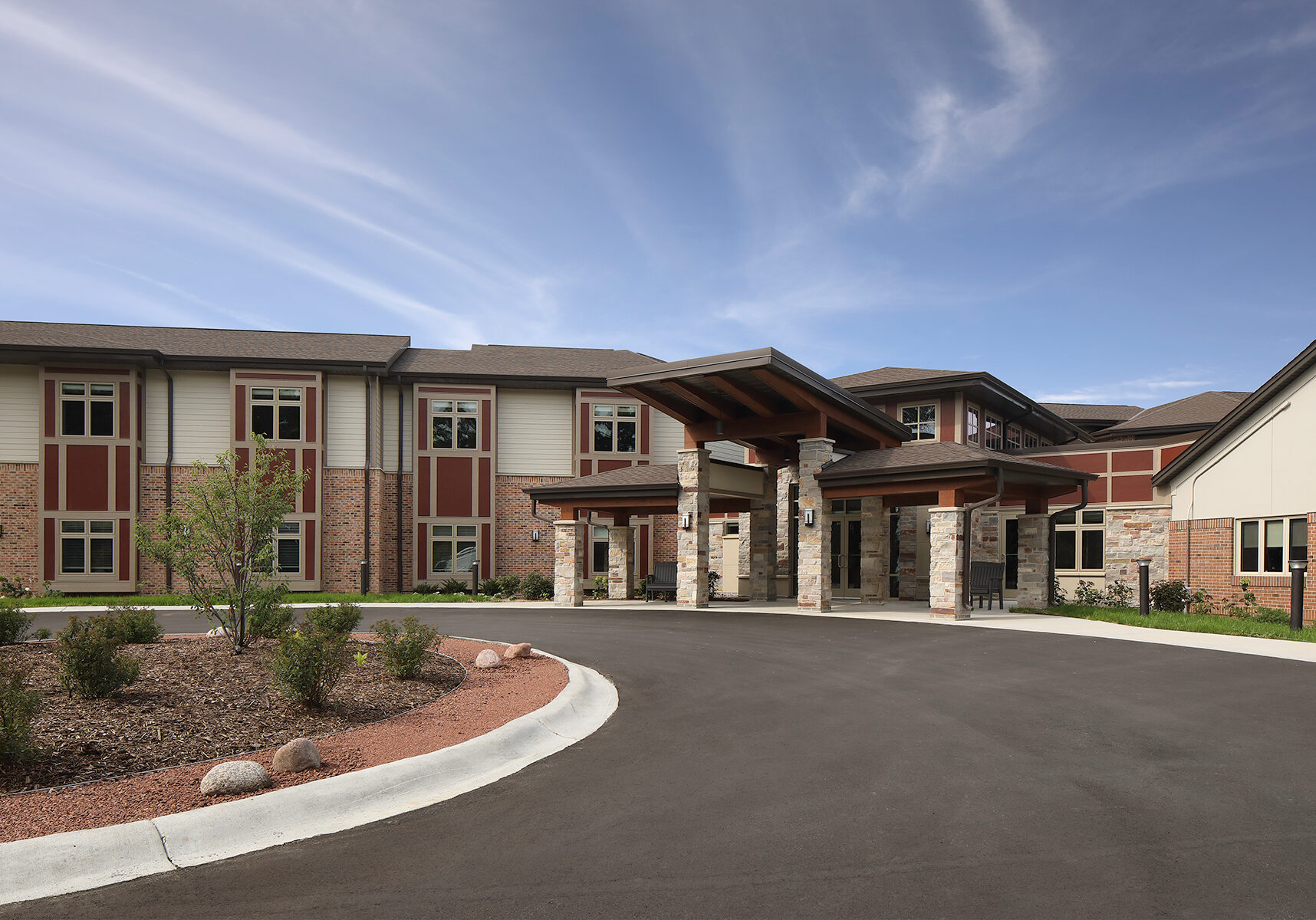What to Expect in Memory Treatment: A Detailed Guide to In-Home Services
As families come to terms with the challenges of caring for someone with memory loss, the realm of at home solutions provides a lifeline of assistance and specialized care. Recognizing what to prepare for in memory treatment is crucial for ensuring the wellness of both the individual with memory impairment and their caretakers.
Daily Activities and Regimens
Engaging in organized everyday activities and routines is a fundamental part of supplying top quality treatment for people in memory care centers. These tasks are diligently created to provide to the particular needs of residents with cognitive disabilities, such as Alzheimer's condition or dementia. Daily regimens play an important function in maintaining a feeling of knowledge, safety and security, and purpose for people in memory care.

Moreover, day-to-day regimens assist people in memory treatment centers to feel even more focused and much less distressed. Consistency in timetables and activities can decrease confusion and anxiety, giving a feeling of security and convenience. Caretakers and personnel play an important duty in helping with these activities, guaranteeing that each resident gets individualized and thoughtful treatment customized to their distinct preferences and abilities.
Specialized Care Services
Within memory care facilities, specialized treatment solutions are vital to deal with the distinct needs and difficulties encountered by people with cognitive disabilities such as Alzheimer's illness or mental deterioration. These services are developed to offer tailored support that deals with the certain needs of locals handling memory loss. Specialized care services in memory care facilities commonly consist of customized care plans, assistance with tasks of everyday living, medication administration, and behavioral treatments focused on improving lifestyle and minimizing distress.
In addition, memory treatment facilities generally offer organized programs and tasks particularly designed to promote cognitive function and promote social interaction among citizens. These activities might consist of memory-enhancing exercises, sensory stimulation treatments, and reminiscence treatment sessions. In addition, specialized care services often include regular surveillance of locals' wellness and health by skilled employee that are furnished to take care of the distinct obstacles related to cognitive decrease.
Security Actions and Atmosphere
Carrying out rigid safety actions and creating a secure setting are critical priorities in memory care centers to guarantee the health and protection of homeowners with cognitive disabilities. Safety in memory care starts with protected structure style, consisting of locked doors and checked entries to protect against citizens from wandering outdoors unsupervised. By focusing on safety and security actions and preserving a secure environment, memory care centers goal to offer a safety and encouraging setting for people with cognitive impairments.
Communication and Involvement Strategies
With an emphasis on improving and promoting meaningful communications top quality of life, reliable communication approaches play an essential role in supporting individuals in memory care centers. Interaction in memory care involves understanding the special requirements of locals who might have cognitive problems like dementia.
Engagement strategies are additionally important in memory treatment, helping residents remain active, stimulated, and attached to their surroundings. Tasks like songs therapy, art courses, reminiscence sessions, and sensory excitement can spark memories, boost state of mind, and advertise socialization. Tailoring tasks per person's rate of interests and abilities is key to cultivating involvement and a feeling of achievement. In addition, integrating acquainted objects, pictures, and songs from the person's past can provide convenience and stimulate favorable memories. By prioritizing tailored communication and involvement methods, memory care facilities can improve the total well-being and lifestyle for their residents.
Caregiver Assistance and Resources
Offered the important duty caregivers play in executing effective communication and engagement techniques for residents in memory care facilities, supplying ample assistance and resources is vital to make certain the well-being of both the caregivers and the people under their treatment. Caregivers in memory treatment setups frequently face special obstacles that can impact their emotional and physical health. To address these challenges, various support systems and resources are offered to help caregivers in giving the very best feasible treatment.
One crucial form of assistance is caretaker education and learning and training programs. These programs equip caregivers with the essential abilities and knowledge to efficiently manage the symptoms and behaviors related to amnesia. In addition, support groups offer caretakers the chance to link with others who are experiencing comparable obstacles, giving a feeling of community and understanding.

Conclusion

Engaging in organized everyday tasks and routines is an essential part of supplying quality care for individuals in memory treatment centers.Within memory treatment centers, specialized care services are crucial to deal with the one-of-a-kind needs and obstacles faced by people with cognitive problems such as Alzheimer's disease or mental deterioration. Specialized treatment solutions in memory care facilities commonly include customized treatment strategies, assistance with tasks of daily living, medicine administration, and behavior therapies aimed at improving top quality of life and decreasing distress.
Given the important duty caretakers play in applying effective communication and interaction techniques for locals in memory treatment centers, important source supplying adequate assistance and sources is essential to ensure the health of both the caregivers and click reference the people under their care. Daily tasks, specialized treatment services, safety measures, communication techniques, and caretaker assistance are crucial elements of at home memory care.